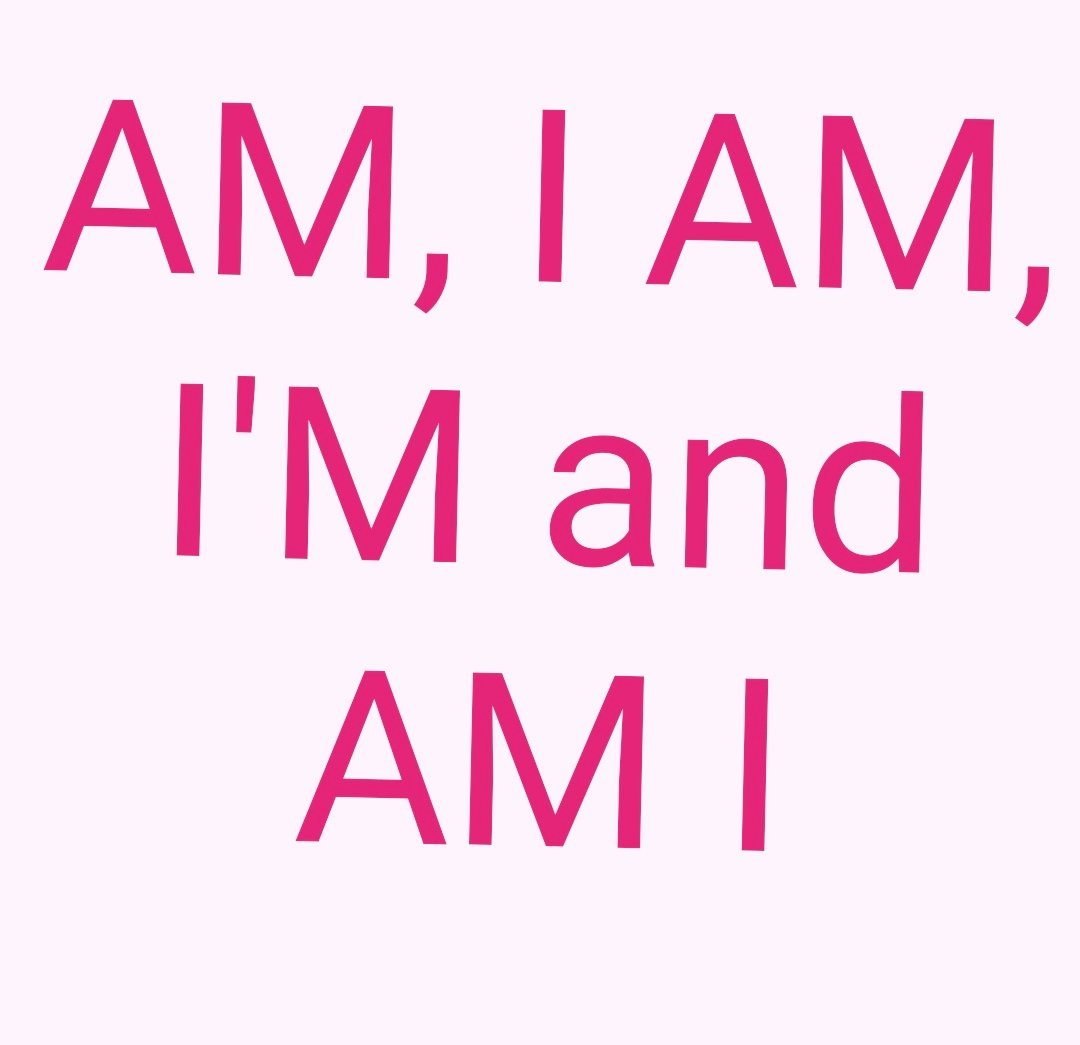AM, I AM, I& #39;M and AM I.......
Very Short THREAD.. @cindy_blog @DaddyStanley_ @LifeOfAdunni @Jeff_Tymer_ @Hvbibvh @Mr_Noworries @Ahmdlbr
Very Short THREAD.. @cindy_blog @DaddyStanley_ @LifeOfAdunni @Jeff_Tymer_ @Hvbibvh @Mr_Noworries @Ahmdlbr
"AM" is an auxillary or helping verb
"I AM" is verb with subject (I = Pronoun)
"I& #39;M" is a short form of I AM
"AM I" is an inversion of "I AM"
It is not grammatically correct to substitute “am” for “I am” or “I’m.”
"I AM" is verb with subject (I = Pronoun)
"I& #39;M" is a short form of I AM
"AM I" is an inversion of "I AM"
It is not grammatically correct to substitute “am” for “I am” or “I’m.”
However, if you wrote “am” (e.g., “Am OK”) on Instragram, or twitter, people would probably understand you meant “I’m OK,” becoz only the 1st-person singular pronoun (i.e., “I”) uses “am”. Just don’t use this shortcut where it really counts such as on CV, letter or school exams.
While “I’m” (or “I am”) is understood in English to begin a statement, “Am I” (subject-auxillary inversion) can be used as:
Questioning:
"Am I a joke to you"?
“How am I to solve this?”
Challenging a statement:
"You are very pretty." "Am I?"
Questioning:
"Am I a joke to you"?
“How am I to solve this?”
Challenging a statement:
"You are very pretty." "Am I?"
In using the short form of "AM I" we have to be careful. The short form supposed to be "Amn& #39;t" but this does not exist in English, so Aren’t I” is acceptable in virtually every context as a contraction of "AM I"
Please add other corrections and Retweet.
Please add other corrections and Retweet.

 Read on Twitter
Read on Twitter


